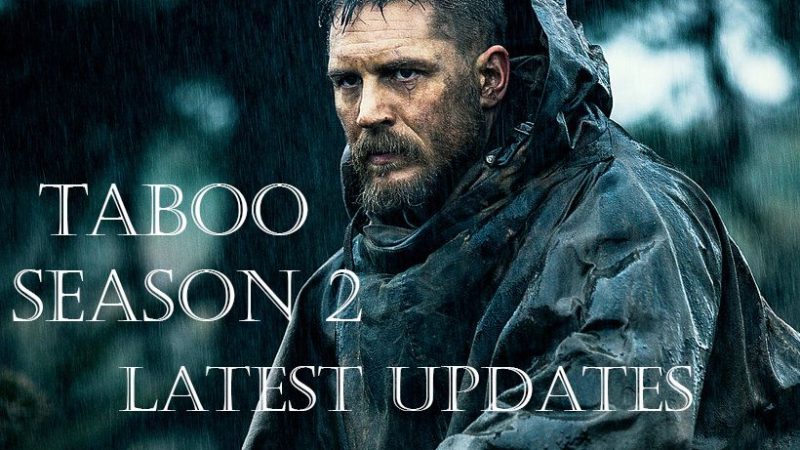The Bookshop (2017): Between the Pages of Solitude and the Fire of Defiance
In a world spinning ever faster with the rhythms of pragmatism and profit, The Bookshop (2017) emerges like a quiet dream—a soft, solemn melody rising from the depths of those who have ever loved books, who still believe in the silent beauty of courage and loyalty to invisible values.

Florence Green—a widowed woman living by the windswept English coast—is not a hero in any conventional sense. She carries no weapons, gives no rousing speeches, seeks no applause. All she has is a deep, unwavering love for books—for the words that heal, awaken, and bind us—and one humble dream: to open a little bookshop where she might share that beauty with the world.
But in the small town of Hardborough, where silence often weighs heavier than fog, kindness is mistaken for naïveté, and literature is seen as a threat. Florence does not confront a singular enemy but an entire system of veiled power, prejudice, and elegant deception. Violet Gamart—embodiment of cultural elitism—doesn’t hate books; she simply despises anyone who dares to choose a path she did not pave. Their conflict symbolizes many spiritual wars: between freedom and control, between the individual’s quiet light and the shadow of the collective.

Yet in a place that seems to offer no refuge for kindness, Florence finds a soul in tune with hers: Mr. Brundish—a reclusive, gruff old man whose heart still stirs at the sound of honest prose. Their bond is not one of dramatic romance but of silent recognition—two weathered spirits leaning toward each other like two pages long folded shut, now reopened by fate.
When Mr. Brundish writes his first letter to Florence, he ends it with a simple, poignant line:
“Only someone who loves books as much as I do would have sent me that one.”
Only a true kindred spirit would know exactly which book to send—an unspoken thank-you, a bridge between two hearts, and a quiet confession that says: you made me feel less alone.
No grand declarations, no sweeping gestures—just a glance, a letter, a book passed from hand to hand. That is all it takes to awaken a tenderness more enduring than time.

Director Isabel Coixet breathes into the film a rhythm uniquely its own—slow, lyrical, as though the atmosphere of literature itself had seeped into every frame. Each shot is a painting tinted with longing; each pause a lingering ellipsis inviting the audience to fill it with their own emotion. The Bookshop does not lead you—it invites you to sit, to be still, to listen to the sigh of a fading era.
Florence never shouts. Even when quietly dismantled by those in power, she simply says, with quiet reverence:
“You know, for many people, a book is a message from the past to the future.”
A reminder that books are not just paper and ink, but echoes of human truth passed down through time.

In the end, Florence Green does not win. But she lives a life unbowed. And perhaps, for people like her, that is the greatest victory of all: to remain faithful in the face of cynicism, to keep the light alive while the world dims around it.
And so, as the final pages of the story close, we are left asking ourselves: how many Florences live among us—those quiet souls tending to a small flame, knowing full well that the winds of the world may snuff it out? They are not carved into marble, nor written into history books. Yet it is they who weave the human fabric of this world—with sincerity, courage, and an unconditional love for delicate beauty.

The Bookshop is a slow hymn—not for the impatient, but for those willing to listen. It is not merely a story about a bookshop, but about the search for connection in a cold world; the longing to live honestly amid a thousand compromises; the modest dream of a woman who believed that a single book, placed in the right hands, could be a kind of miracle.

You leave the film not with dazzling visuals or grand speeches, but with a beautiful, aching sadness—like stepping out of a room full of old books, where time had paused, and something in your heart stirred, tender and human.
And perhaps in that moment, we understand: some are not born to win battles, but to plant seeds—of trust, of wonder, of love—for a world they may never live to see bloom.




